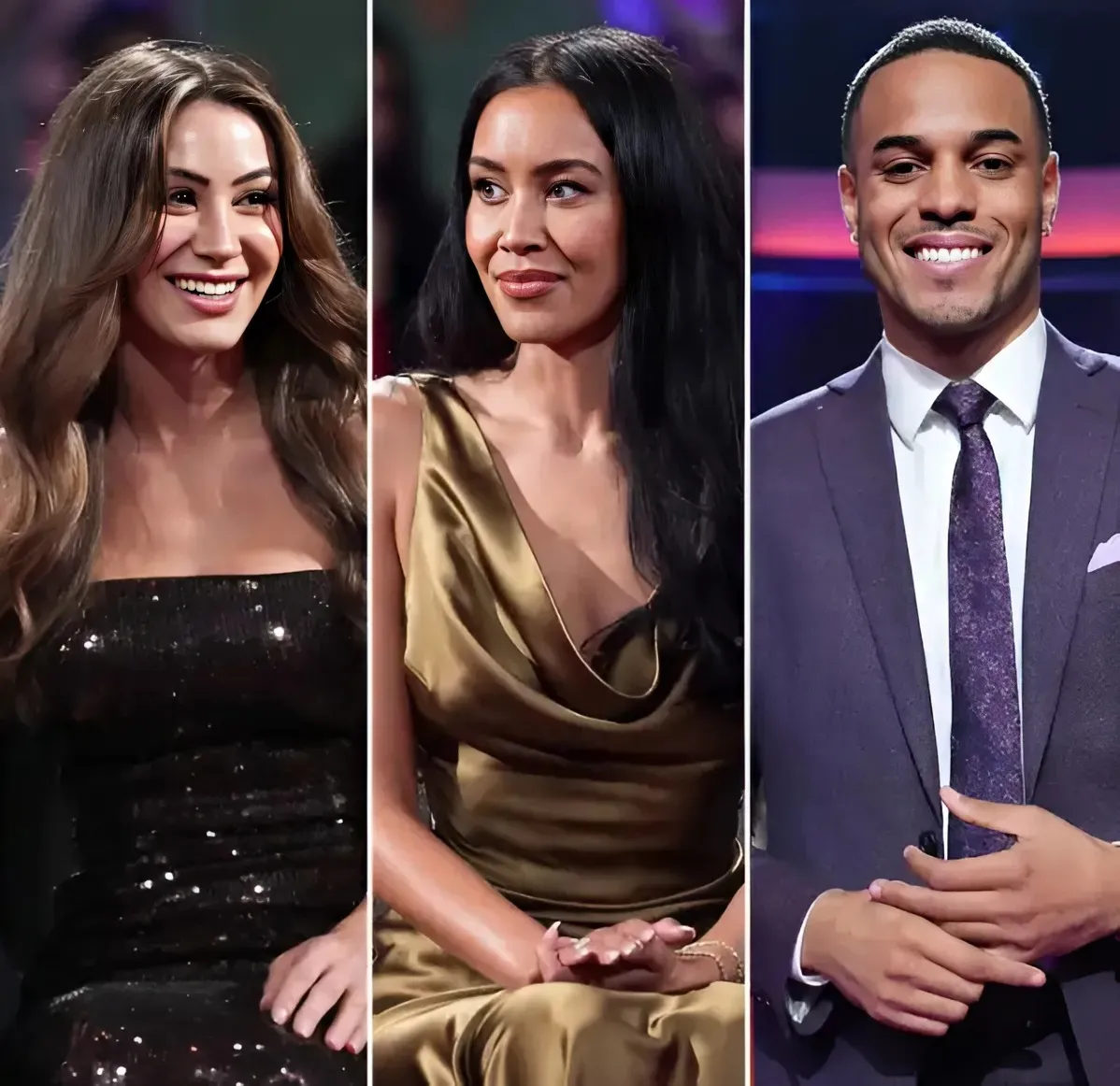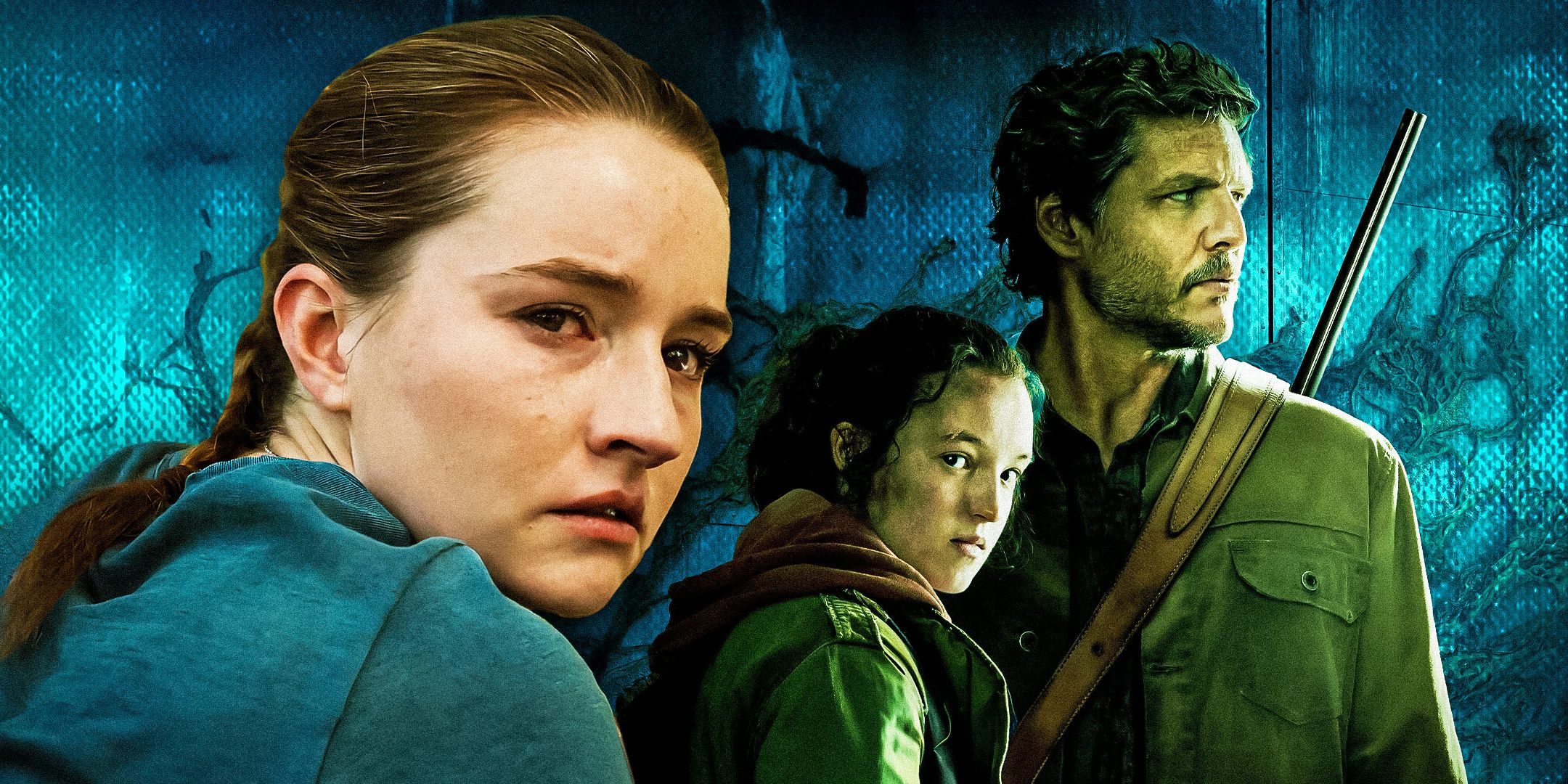
Co-showrunners Neil Druckmann and Craig Mazin have recently defended their choice to cast Dever as Abby. Druckmann, who created the video game franchise, said that if they’d confined Abby’s casting to actors with a muscular build, they “would’ve struggled to find someone as good as Kaitlyn to play this role.” It would’ve significantly limited their number of options, and they would’ve focused on finding someone who was more of a physical match for the character than an emotional match. Druckmann and Mazin’s comments confirm that the controversy around Dever’s casting is completely unfounded.
The Last Of Us Season 2 Is Making Abby More "Physically Vulnerable" Than In The Game
The TV Show Is Going For A Different Take On Ellie & Abby's Dynamic
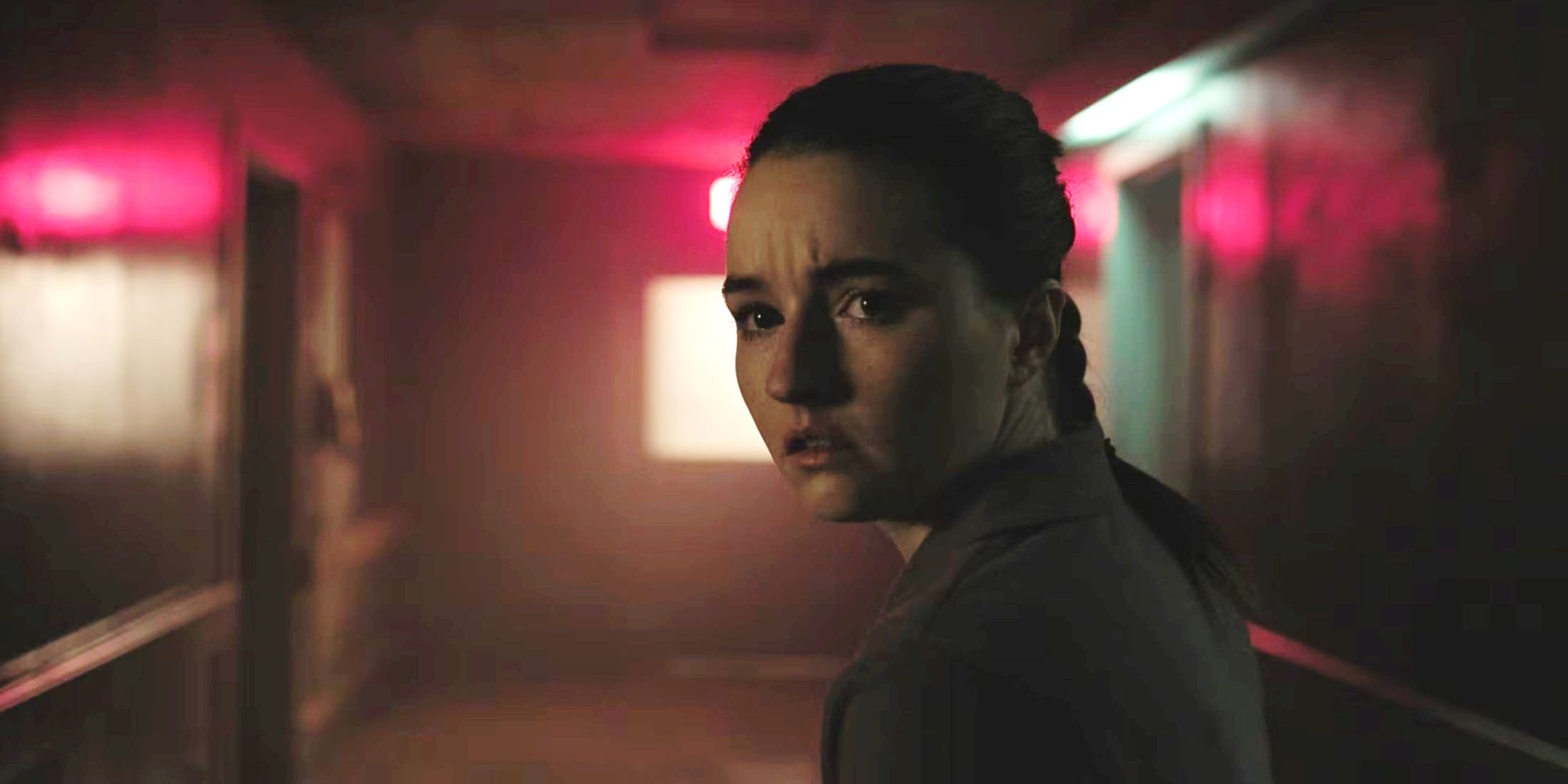
Abby’s rigorous training and her intimidating physique are a big part of her character in The Last of Us Part II: it’s a visual way to show the audience how much her drive for vengeance has consumed her. She’s been so focused on exacting revenge against her father’s killer that she’s spent four years hitting the gym, turning her body into a finely tuned fighting machine. It’s also a functional part of the gameplay. It differentiates Abby’s gameplay from Ellie’s; Ellie is sleek, stealthy, and agile, while Abby is a brutal force of nature.
Plus, it draws a clear parallel to Joel. Abby taking Lev and Yara under her wing and doing everything in her power to protect them is reminiscent of Joel becoming a father figure to Ellie; this parallel is bolstered by gameplay reminiscent of playing as Joel in the first game. But it sounds like the showrunners of the TV series are leaning more into Abby’s parallels with Ellie than her parallels with Joel. Abby’s similarity to Ellie is also a key factor in the story. They’re both motivated by the same thing: avenging their father.
Mazin has said that the version of Abby in the TV show is “perhaps physically more vulnerable than the Abby in the game, but [her] spirit is stronger.”
Druckmann said that, with Dever, they found an actor that audiences could connect to “the way we connect to Bella.” By comparing Dever’s portrayal of Abby to the emotional attachment audiences already have with Bella Ramsey’s Ellie, Druckmann is all but confirming that the TV show will have a different take on the dynamic between Abby and Ellie. For people who have already played the game, there will be something new here. Mazin has said that the version of Abby in the TV show is “perhaps physically more vulnerable than the Abby in the game, but [her] spirit is stronger.”
The Last Of Us Season 2's Different Take On Abby Means It Won't Just Be A Copy Of The Game
It's Called An Adaptation For A Reason
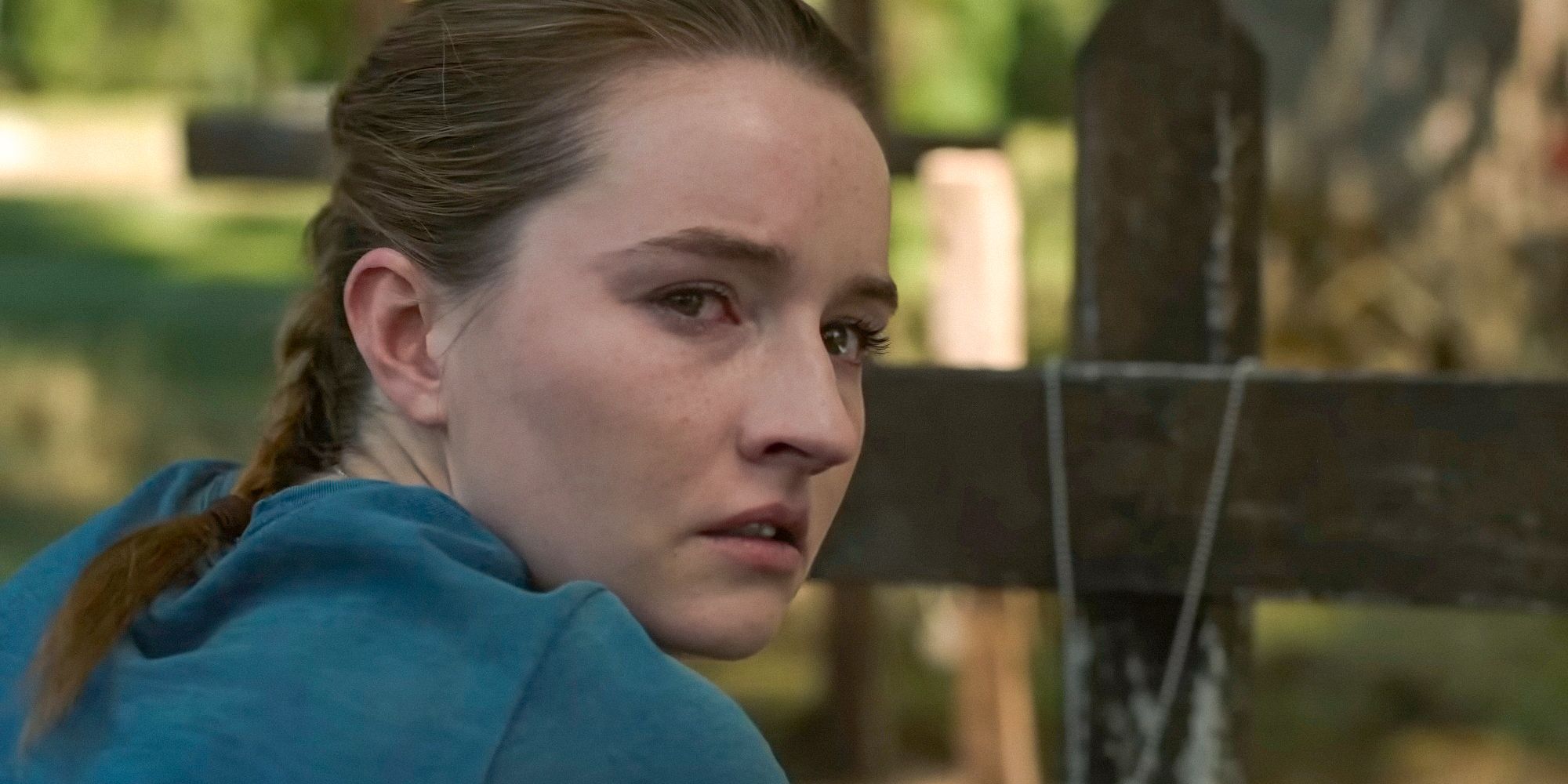
By reimagining the character of Abby, The Last of Us season 2 ensures it won’t just be a like-for-like copy of the game. It’s called an adaptation for a reason; a story has to evolve to find success in a new medium. TV is a very different medium than video games. The Last of Us made some major changes to its source material in season 1 to reflect that. The TV show made Joel much more vulnerable and less of a ruthless killer, because TV audiences are less desensitized to killing than video game audiences.
The Last Of Us Part II Is Complex Enough Of A Story To Get Different Interpretations
The Last Of Us Part II Has A Lot Of Ins & Outs
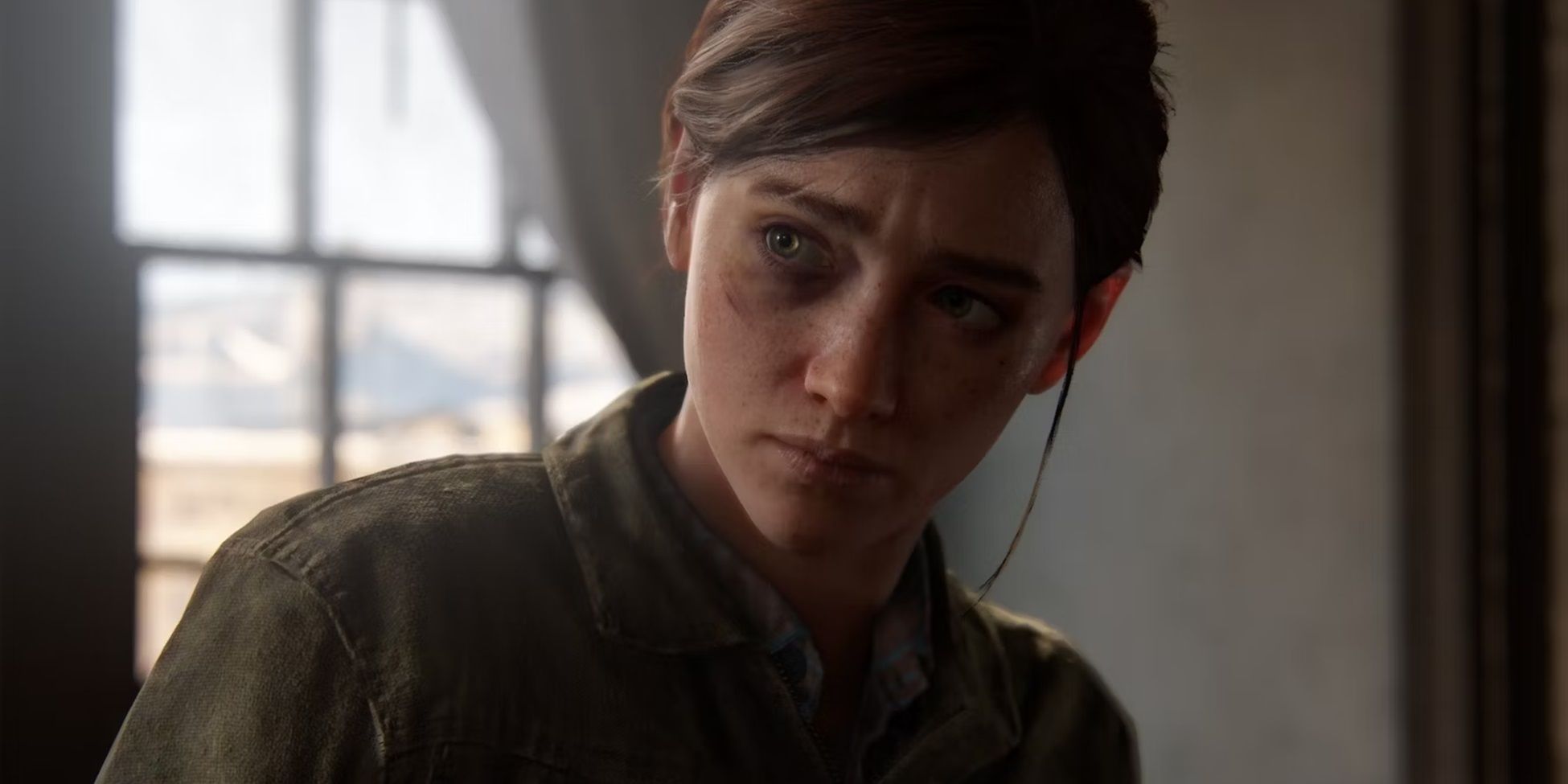
The first Last of Us game is a straightforward linear story. While the TV show made plenty of changes along the way, the core elements remained the same. It’s the story of a grieving father who closed himself off emotionally following the untimely death of his daughter. After 20 years of doing horrific things to survive in a post-apocalyptic wasteland, he gets a second chance at fatherhood when a teenage girl is put into his care. Over the course of their incredible journey across lawless America, he embraces his fatherly love for her — so much so that he dooms humanity.
At its core, it’s a revenge story that overlaps with a redemption story. Ellie loses her humanity in the pursuit of vengeance at the same time Abby regains her humanity after losing it in the pursuit of vengeance (the vengeance Ellie wants vengeance for).
Within those core elements, there’s a lot of room for interpretation. Ellie could go even darker before she realizes she’s gone too far — or, alternatively, she could come to that realization sooner than she does in the game. Abby’s reaction to Joel’s death is ambiguous in the game, as she seems tormented by the emptiness she feels after the deed that was supposed to make everything okay. Rather than just ripping everything straight from the game, The Last of Us season 2 could reimagine its source material.
Why The Last Of Us Season 2's Abby Casting Is Great
Kaitlyn Dever Has Proven She's More Than Capable Of Playing Abby
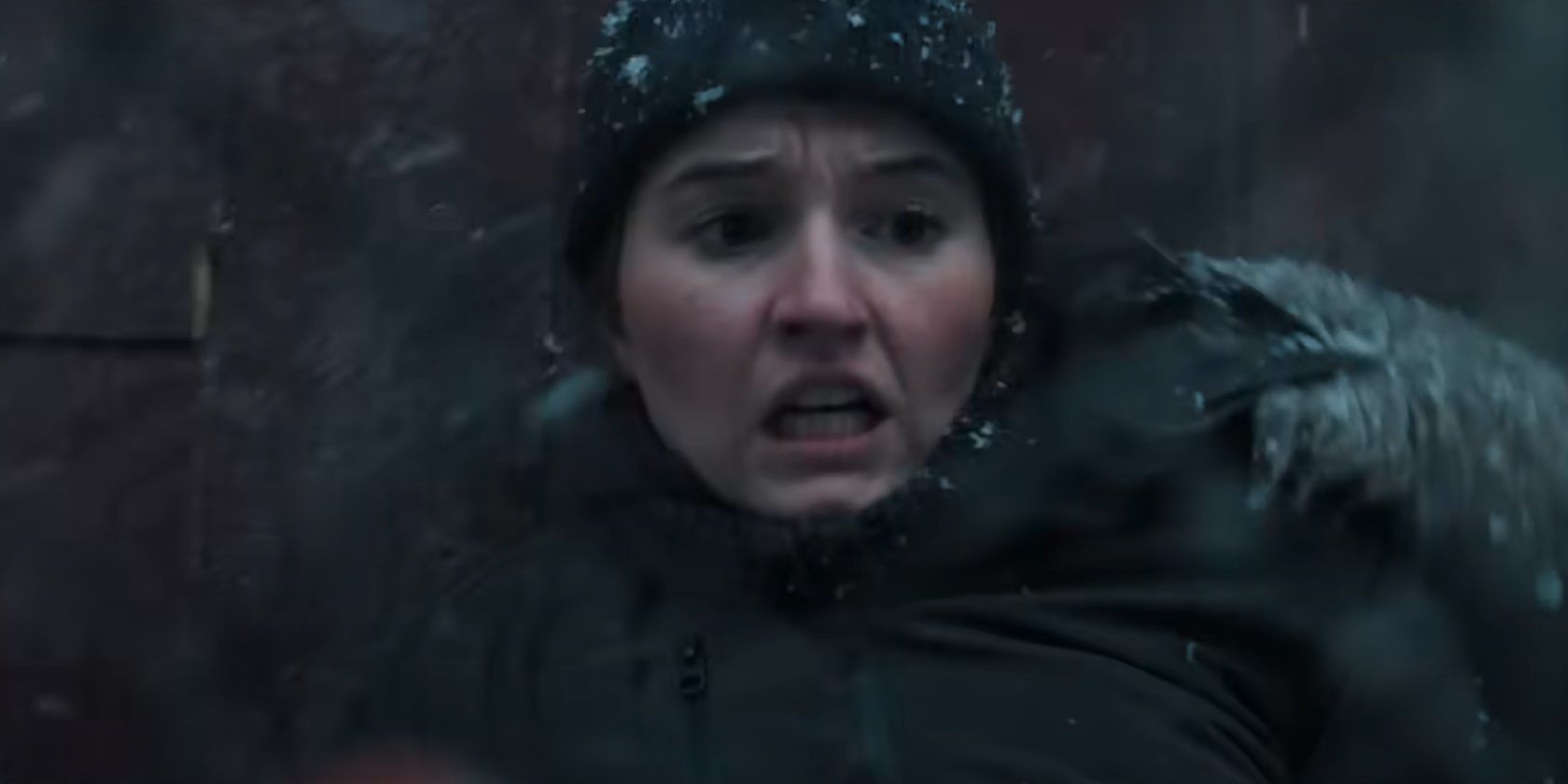
Dever is a perfect casting choice to play Abby in The Last of Us season 2. Gritty, character-driven dramas like Short Term 12 and No One Will Save You have proven Dever can handle Abby’s depth and darkness. For years, Dever was a popular fan-casting choice for Ellie. By casting someone who bears a striking resemblance to Ellie in the role of Abby, The Last of Us season 2 will make the parallels between the two characters even clearer than the game did.


-1743473013-q80.webp)
